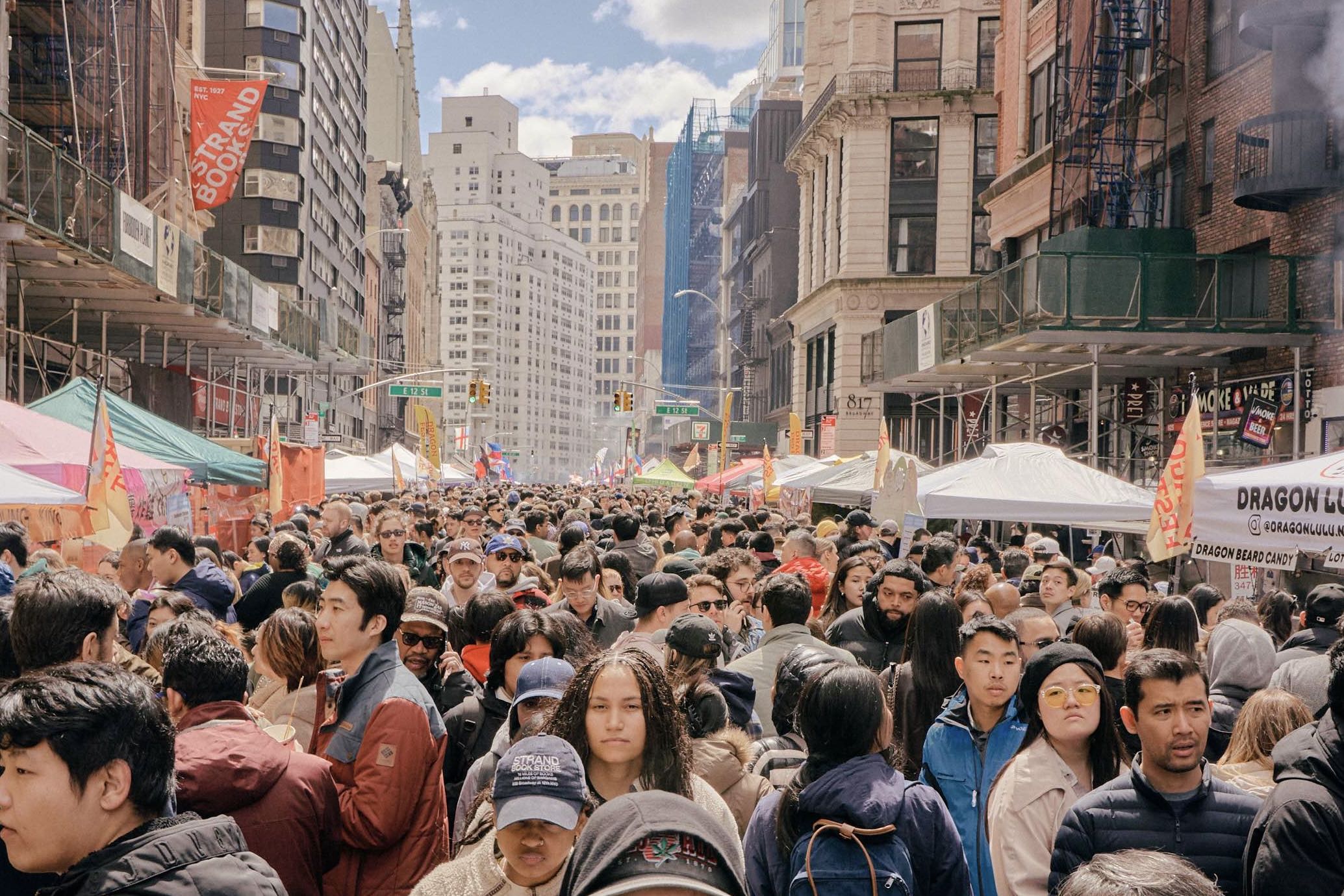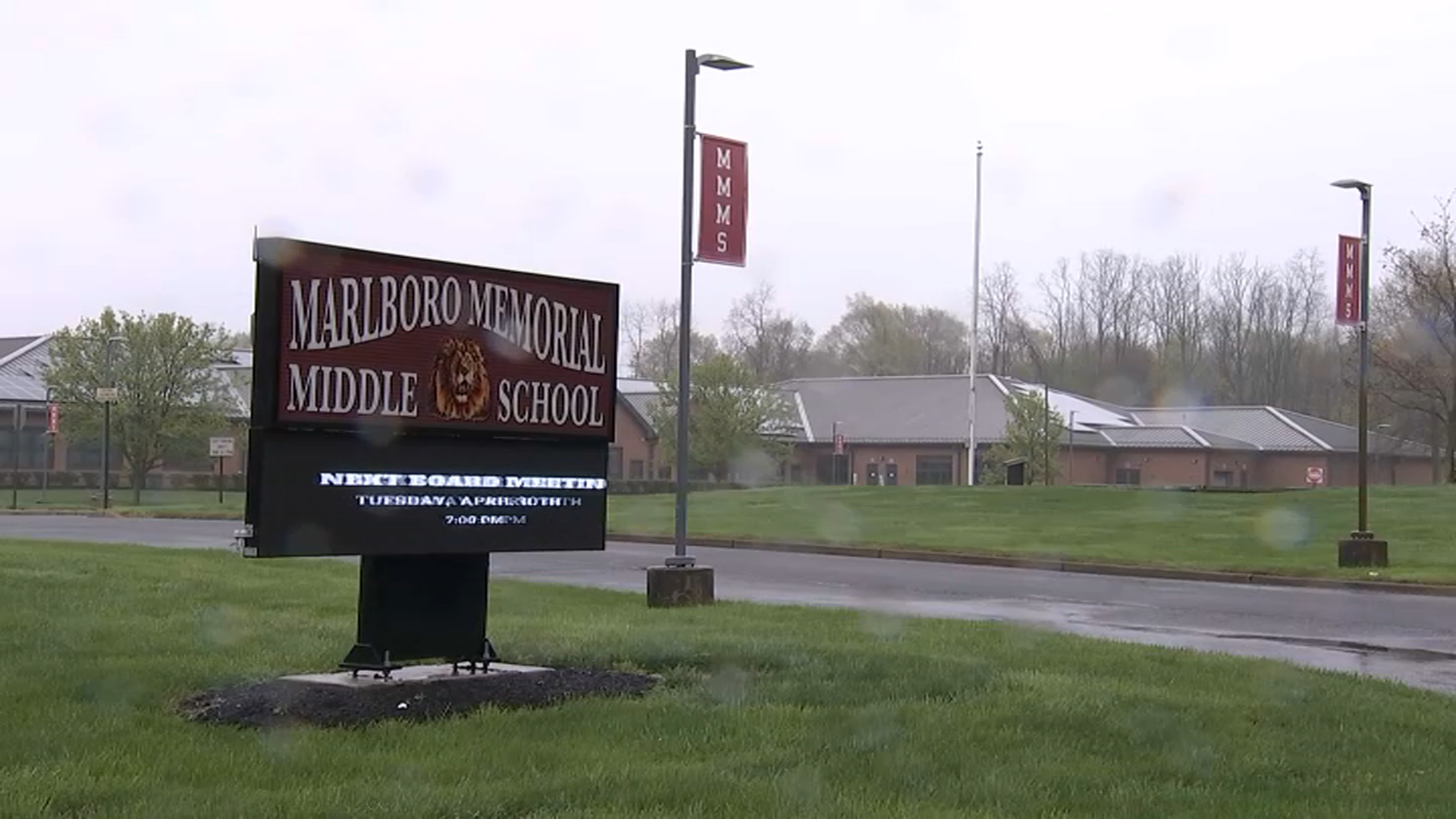What to Know
- Students from Rutgers-Newark are searching beneath a nearby church -- all in hopes of finding human remains
- The peculiar search is underway in the basement of the Dutch Reformed Church in Belleville, New Jersey
- Researchers are hoping to find remains of Chinese immigrants who settled in the town -- some of the first immigrants to settle in Northeast
Students from Rutgers-Newark are searching beneath a nearby church -- all in hopes of finding human remains.
The peculiar search is underway in the basement of the Dutch Reformed Church in Belleville, New Jersey. The work aims to unearth clues to the township's past.
Researchers are hoping to find the remains of Chinese immigrants who settled in the town to work at a laundry factory around 150 years ago after working on the Central Pacific Railroad.
These immigrants set up the first Chinatown in New Jersey, as well as the Northeast.
It is on the church's grounds that they are believed to be buried.
Scientists used ground-penetrating radar to try to locate possible remains underneath the church that dates back to the 1600s. The original church was much closer to the Passaic River -- but, in order to expand, a new structure was built on top of an existing cemetery after a tornado in 1804.
Local
"We know for a fact there are ancient remains of of people outside that are unmarked graves in the cemetery, but it’s long been believed that they are also here, interned down here in the basement as well," Belleville Mayor Michael Melham said.
"We really want to dig into our past, acknowledge our past, never forget our past. We are very grateful that there are people here to bring awareness to this," Melham went on to say.
Human remains were first discovered by the church's current pastor Miguel Ortiz. He was cleaning the basement of dirt when he stumbled upon history.
"We were starting to clean up and we found a bone here and there," he said.
The basement was supposed to be a temporary resting place for the remains of the immigrants, according to researchers. The hope of those working to locate their remains is to send them back home to China -- which researchers believe was the initial intent.



